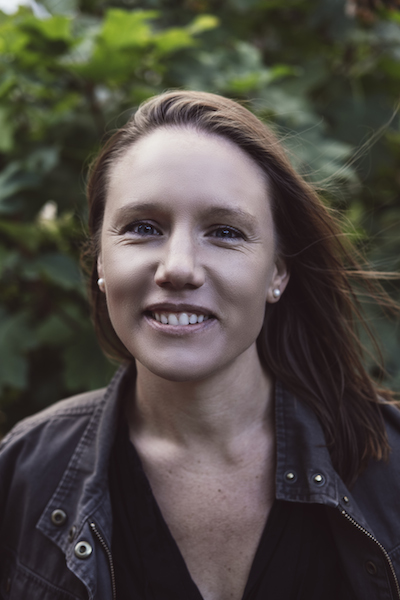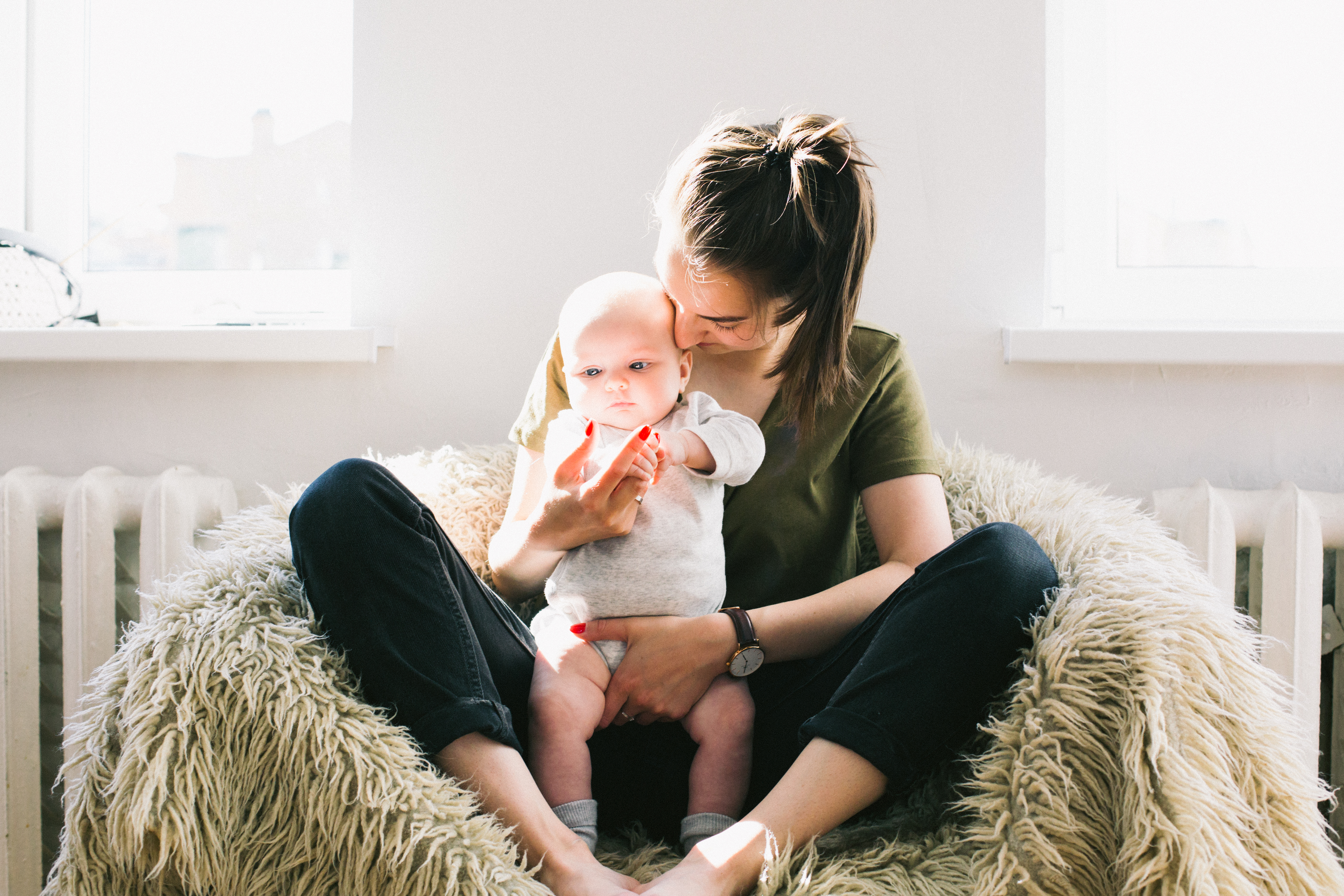There is no shortage of books on how to be a well pregnant woman (and thankfully, the advice is pretty consistent) and many more on how to be an amazing parent (information here is much less uniform), but what about that tender time just after childbirth? As American women, we spend a handful of days in the hospital and then are thrown into the the world suddenly responsible for a tiny, fragile life. And no, they do not come with instruction manuals. In this country we are expected (or at least many of us perceive that this is the expectation) to give birth to our children and then rush back to the office to continue excelling. We want our bodies and minds to bounce back right away and for life to return to normal. However, it is inevitable that on the other side of childbirth we are different.
The truth is that new mamas need a lot more TLC than most of us allow ourselves. Many of us get so wrapped up in taking care of our babes that we forget take care of our own bodies and minds and emotions. Just as the old adage goes (or was it the Instagram meme I saw in my feed last week?) you can’t pour from an empty cup.
Here are a few ways to elevate your postpartum healing experience.
No signs of serious illness? You’ll be fine.
As a pregnant woman you visit the doctor monthly, then weekly. After, you spend a few —potentially traumatizing—days in the hospital where you get a handful of hazy moments learning how to feed and swaddle your babe. Then, as long as your partner has figured out how to install a car seat into your car, you’re sent off into the world with a pamphlet. At a brief 6 week visit the doctor makes sure your bits have healed and that you’re not clinically depressed and that’s that. The truth is, America’s system is setup to deliver babies safely and treat any ailments, not to provide deep emotional healing.
What you can do: Take your health into your own hands. Understand that you will need some extra postpartum support and build yourself a team of trusted doctors, mental health providers, caregivers, service providers (chiropractors, acupuncturists and masseuses are extra luxurious post-babe) and trainers (postnatal restorative yoga, anyone?).
Gotta get that body back.
I have always been fairly slender and felt tremendous pressure to return to my pre-babe weight right after childbirth. I have to remind myself, almost daily, that my body just spent 9 months growing a living, breathing little human. As mothers, our organs have been moved around, our skin stretched and in some cases our muscles ripped. To heal, we have tune into muscles that we probably didn’t even know existed pre-babe (hello, transverse abdominus and pelvic floor) and be very, very patient.
What you can do: give your body some love and thank it for giving you your tiny miracle(s) (I mean, this is seriously amazing). Nourish yourself with good, clean foods and start slow in the beginning (after your doctor gives you the green light) — go for walks, do simple yoga classes and make modifications until you’ve healed.
It takes a village.
Many modern day mothers spend their days at work and also tend to take on the bulk of childcare and household duties. This can amount to overwhelm and burn out. If you look to many other cultures, family, friends and even neighbors traditionally help pick up some of the workload — and emotional support — while mama is healing and bonding with her babe.
What you can do: Build your own village. Don’t be afraid to ask your family members to help you out, even if just with the cooking and cleaning. If you don’t have family on hand, build a community of friends and neighbors or hire a postpartum doula, part-time sitter or housekeeper. Also, joining a group of like-minded mamas is a great way to find support from women who know exactly what you’re going through.
On the mommy track.
According to the federal Family and Medical Leave Act US employers are required to provide up to 12 weeks of unpaid leave. In stark contrast, Canada’s laws require that a company allow a mother to take of between 15 – 52 weeks, at least 15 of them paid. Even if American moms are allowed time off, it can be discouraged within the company culture. I have heard rumors of women in corporate jobs being funneled into ‘the mommy track’ of their career if it was assumed they would have children. Another woman of childbearing age told me how her company had kindly offered to pay for her to freeze her eggs. This is the world that we live in and up until I had my babe, it seemed really normal. After giving birth and heading back to work (from home), I was appalled. It took me at least 3 months to feel ‘normal’ again and after the thought of going back to work in an office and leaving my daughter at home with a stranger sent me into anxious tears.
What you can do: According to Jena Booher, Founder of Babies on the Brain there are a few things you can do to address the common concerns women face when taking time off work: “ 1. Prior to coming back, meet in person with your boss/HR manager to make sure your expectations are aligned. 2. If you feel that your maternity leave pay leaves something to be desired, look into the Phase to Work Program and caregiver assistance (if you have to travel for work), which are both becoming more commonplace. 3. Be very clear about how reachable you will be during your leave. Also, schedule regular check-ins with your boss /team to help to demonstrate that you are still involved/relevant/keeping up with what’s going on at work.”
Doing the month.
Cultures all around the world have traditions that allow mama to heal, rest and bond with their baby for around 40 days. This is called ‘la cuarentena’ in some latin cultures and ‘Zuo Yue Zi’ in China. The rules vary from culture to culture, but the objectives are relatively similar — heal, don’t leave the house and focus on taking care of your babe. My experience giving birth in America was very different. We were in the hospital for 3 days and then sent home where I began answering work emails almost immediately (granted, this was a choice), friends were stopping by and we were video chatting with people from all over the world. It was nice to feel the outpouring of love, but I felt that I had to be constantly ‘camera ready’ and it was pretty overwhelming
What you can do: give yourself time and space to properly heal and bond with your babe. Rest, breathe, meditate, sleep as much as you can, nourish yourself, drink water and importantly, set boundaries for family members.


